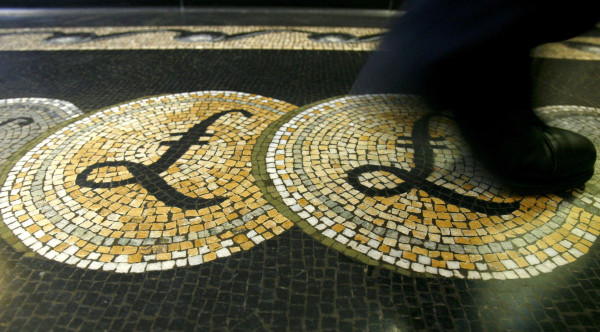

Royal London has called on the tax authority to show support to the self-employed amid concerns they could face bills larger than their income due to the effects of Covid-19.
Royal London urged the government to make the requirement for the self-employed to pay tax in advance ‘easier and simpler’ and to take into account that many have seen their incomes plummet due to Covid-19.
It also asked HMRC to launch a targeted information campaign for the self-employed which draws their attention to the need to ensure tax is calculated on genuine predicted earnings.
Under current rules, self-employed workers who file annual self-assessment forms must also make two payments on account, one in January and one in July.
Although they can ask HM Revenue and Customs (HMRC) to reduce these payments and, as part of Covid measures, can also set up a series of monthly tax bill instalments instead of paying one lump sum, it is up to the self-employed to sort this out.
Mona Patel, consumer spokesperson at Royal London, said: “Many self-employed people may be expected to pay more in tax than they have actually earned in the past year because of the payment on account system.
“This lack of ‘real world’ tax bills means it’s perfectly feasible that those who have suffered the steepest drops in income could find themselves in this situation.
“While the revenue has announced a system that enables people to pay in more manageable instalments, this still doesn’t go far enough for those who could end up overpaying tax unnecessarily because their bill is based on last year’s earnings.
“We urge HMRC to do the right thing and help the self-employed understand their options.”
Royal London said individuals often needed extra help to understand their options because the system was “incredibly complicated”.
This situation is made worse by the fact that self-employed workers have to pay their tax bills in advance and in 2021 they will be hit by an extra bill after the Chancellor deferred one of this year’s bills due to Covid.
This could come as a shock to many self-employed people who have seen a significant loss of income throughout this year, Royal London warned.
Difference in self-employed tax payments due next year, before and after pandemic measures:
| Income | £25,000 | £50,000 | £75,000 |
| Pre- Covid (no deferred payment) | |||
| Total due 31 January 2021 | £1,997 | £5,147 | £10,397 |
| Total due 31 July 2021 | £1,987 | £5,612 | £10,861 |
| Post-Covid (including deferred payment) | |||
| Total due 31 January 2021 | £4,057 | £11,070 | £21,570 |
| Total due 31 July 2021 | £1,987 | £5,612 | £10,861 |
Source: RSM
According to the mutual, if a self-employed person who previously earned £50,000 saw a drop in income to £15,000, their total tax bill next year would be £16,682 to cover 2019/20 as well as 2020/21 payments on account, despite their annual earnings having dropped to less than this amount.
Due to this Royal London has urged the self-employed to contact HMRC to ensure they are not over-paying tax and to enquire about spreading the payment across months.
However, those who choose to spread out their tax payments in 2021 will be charged interest by HMRC.
As part of its Covid support, the government launched the Self-Employment Income Support Scheme (SEISS) in May which allowed claimants to receive grants covering as much as 80 per cent of their earnings during the pandemic, up to a maximum of £2,500 a month.
At the end of May, the government announced it would extend the scheme, with those eligible able to claim a second and final grant worth 70 per cent of average monthly trading profits, covering three months’ worth of profits and capped at £6,570.
Claims for the final grant had to be made before October 19.
amy.austin@ft.com
What do you think about the issues raised by this story? Email us on fa.letters@ft.com to let us know



